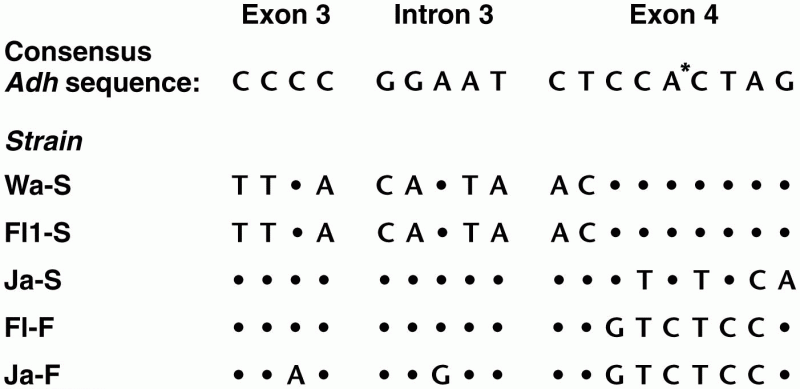|
|
|
Allergies play a major part in the health of children. The most prevalent childhood allergies are milk, egg, soy, wheat, peanuts, tree nuts, and seafood.
Fatal fungal infections may be able to resist newer antifungal drugs. Globally, fungal infections are often fatal due to the lack of access to multiple antifungals, which may be required to be utilized in combination. Single antifungals may not be enough to stop a fungal infection from causing the death of a patient.
More than 150,000 Americans killed by cardiovascular disease are younger than the age of 65 years.
For about 100 years, scientists thought that peptic ulcers were caused by stress, spicy food, and alcohol. Later, researchers added stomach acid to the list of causes and began treating ulcers with antacids. Now it is known that peptic ulcers are predominantly caused by Helicobacter pylori, a spiral-shaped bacterium that normally exist in the stomach.
Children of people with alcoholism are more inclined to drink alcohol or use hard drugs. In fact, they are 400 times more likely to use hard drugs than those who do not have a family history of alcohol addiction.
 Triangle plot showing gene expression related to xylem, phloem, and nonvascular tissue in Arabidopsi
Triangle plot showing gene expression related to xylem, phloem, and nonvascular tissue in Arabidopsi
 Cataract extraction. The procedure involves a surgical removal of a cataract lens and its replacemen
Cataract extraction. The procedure involves a surgical removal of a cataract lens and its replacemen





